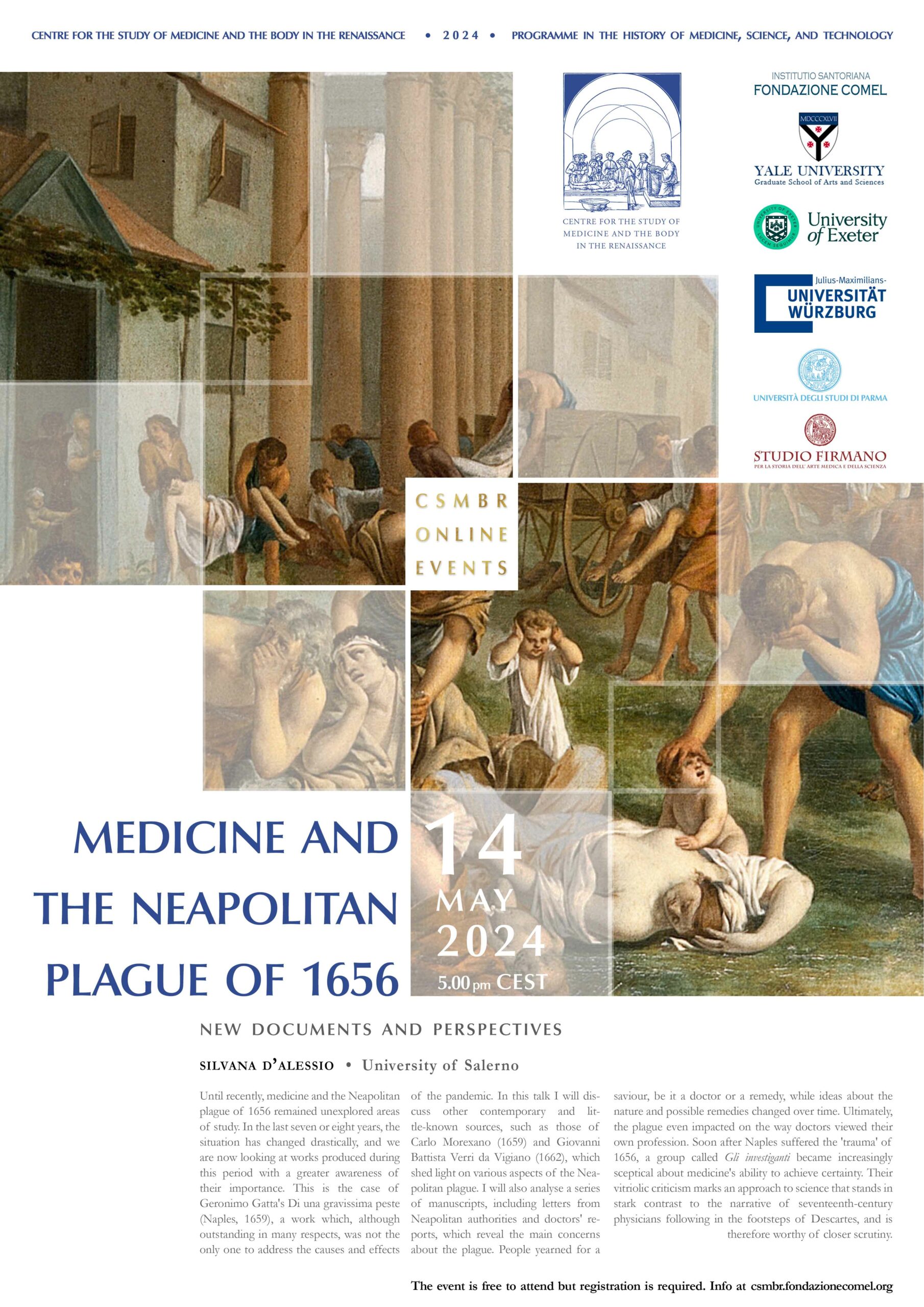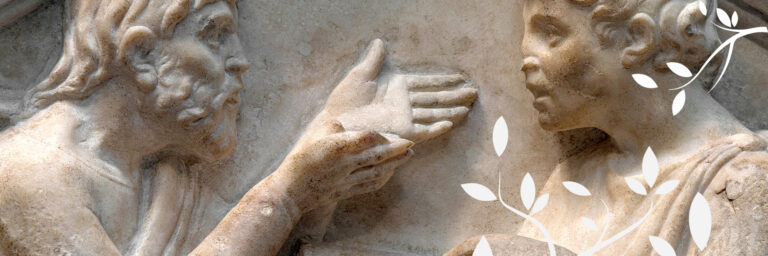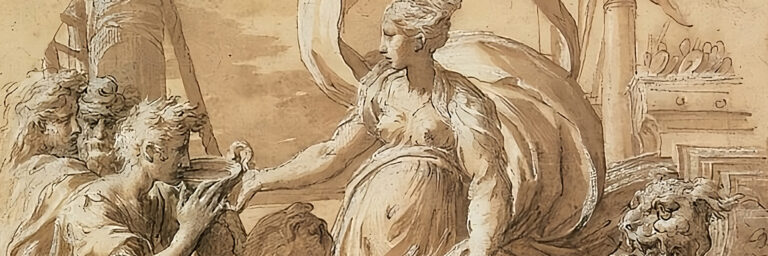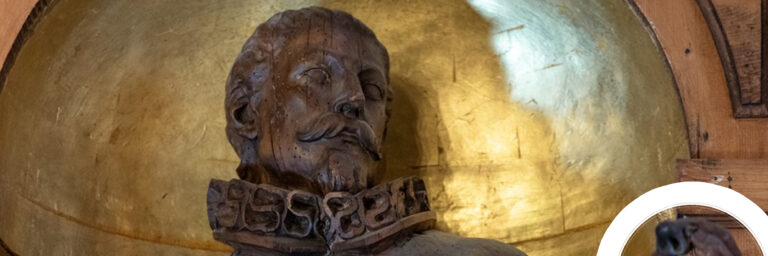Medicine and the Neapolitan Plague of 1656
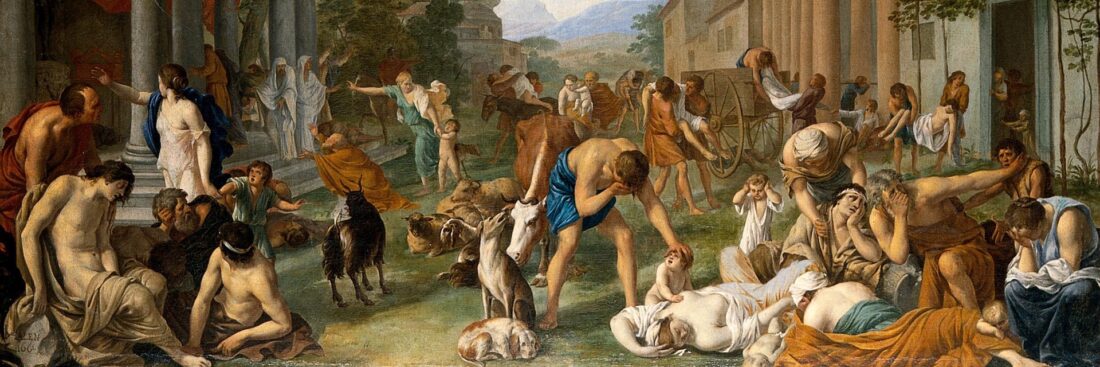
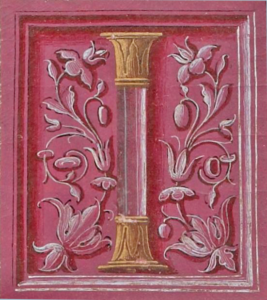
Medicine and the Neapolitan Plague of 1656
New Documents and Perspectives
Silvana D'Alessio
14 May 2024 – 5 PM (CEST)
Until recently, medicine and the Neapolitan plague of 1656 remained unexplored areas of study. In the last seven or eight years, the situation has changed drastically, and we are now looking at works produced during this period with a greater awareness of their importance. This is the case of Geronimo Gatta’s Di una gravissima peste (Naples, 1659), a work which, although outstanding in many respects, was not the only one to address the causes and effects of the pandemic.
Historians and philosophers of science and mathematics have recently noted that the rhetoric and practices surrounding analysis and synthesis (and closely related terms) are far from uniform; determining the actual role that analysis and synthesis, however understood, played in the development of mathematics and the sciences is not straightforward.
In this talk I will discuss other contemporary and little-known sources, such as those of Carlo Morexano (1659) and Giovanni Battista Verri da Vigiano (1662), which shed light on various aspects of the Neapolitan plague. I will also analyse a series of manuscripts, including letters from Neapolitan authorities and doctors’ reports.
People yearned for a saviour, be it a doctor or a remedy, while ideas about the nature and possible remedies changed over time.
High officials contacted first-rate physicians such as Giuseppe degli Aromatari (1587-1660), whose reports provided advice on everything from personal hygiene to the dosage and preparation of remedies. They provide us with crucial information about the practical medical knowledge available in Naples at the time of the plague. Ultimately, in fact, the plague even impacted on the way doctors viewed their own profession.
Soon after Naples suffered the ‘trauma’ of 1656, a group called Gli investiganti became increasingly sceptical about medicine’s ability to achieve certainty. They scoffed at classical and modern authors, targeting Galen, Paracelsus and van Helmont alike.
Their vitriolic criticism marks an approach to science that stands in stark contrast to the narrative of seventeenth-century physicians following in the footsteps of Descartes, and is therefore worthy of closer scrutiny.
About the Speaker ...
Silvana D’Alessio is Associate Professor of Early Modern History at the University of Salerno
She received her PhD at the University Federico II in Naples, and has received scholarships to study in England and Germany. She has published on Early Naples and the Masaniello revolt of 1647, and she is now working in depth on the devastating 1656 bubonic plague outbreak in Naples, focusing on physicians and their world.



